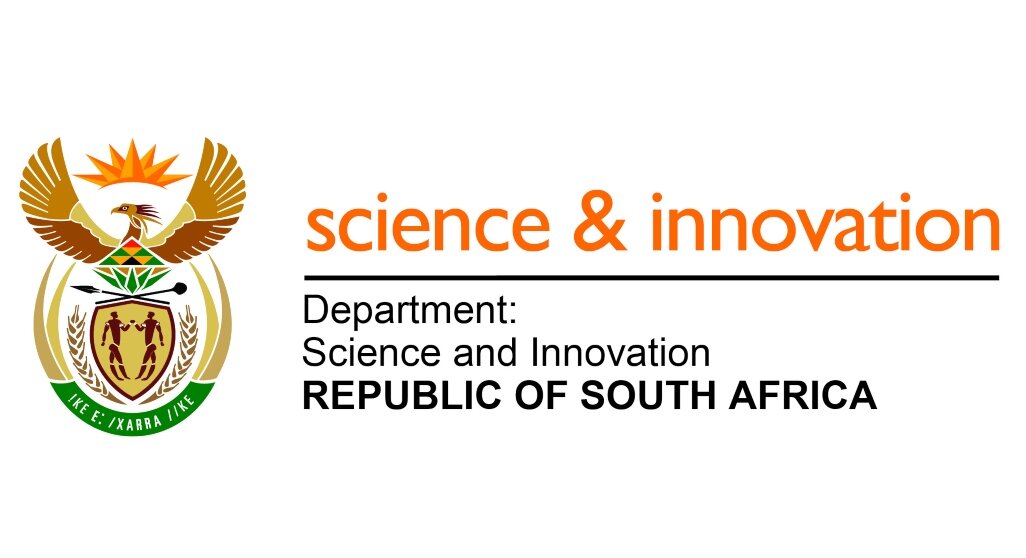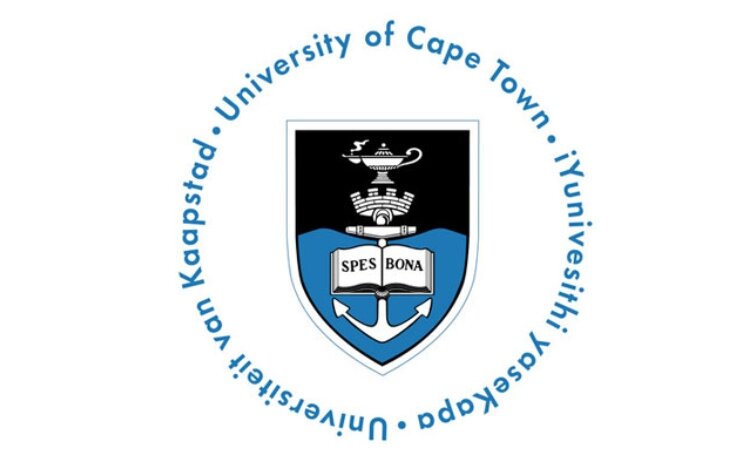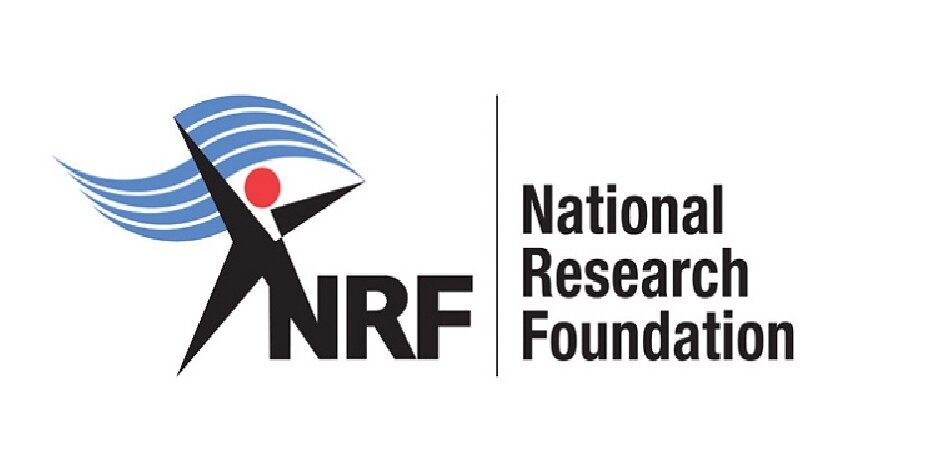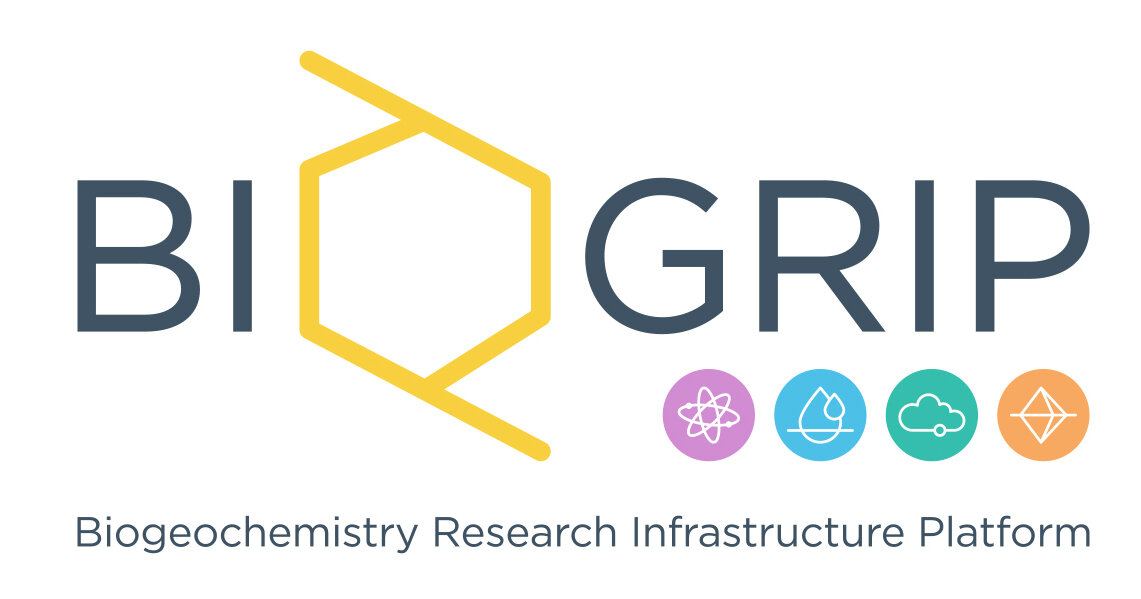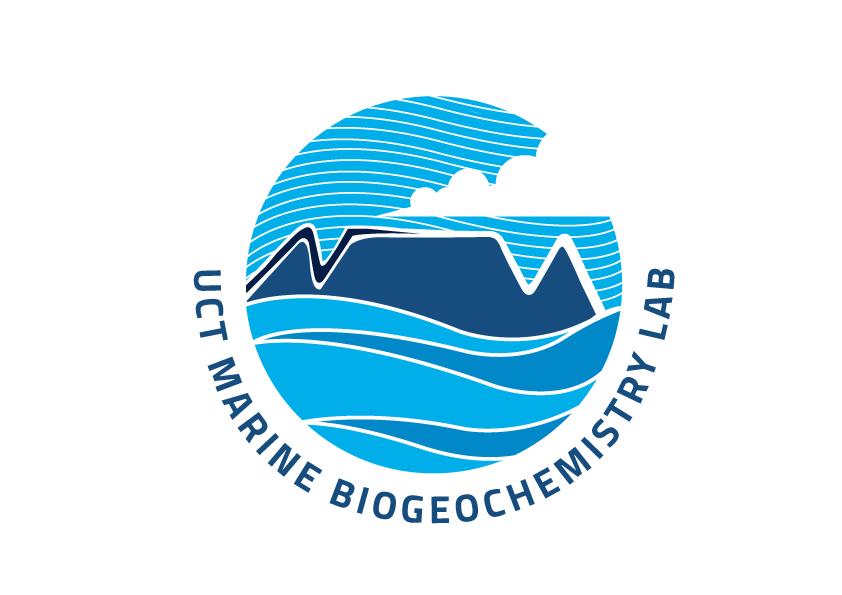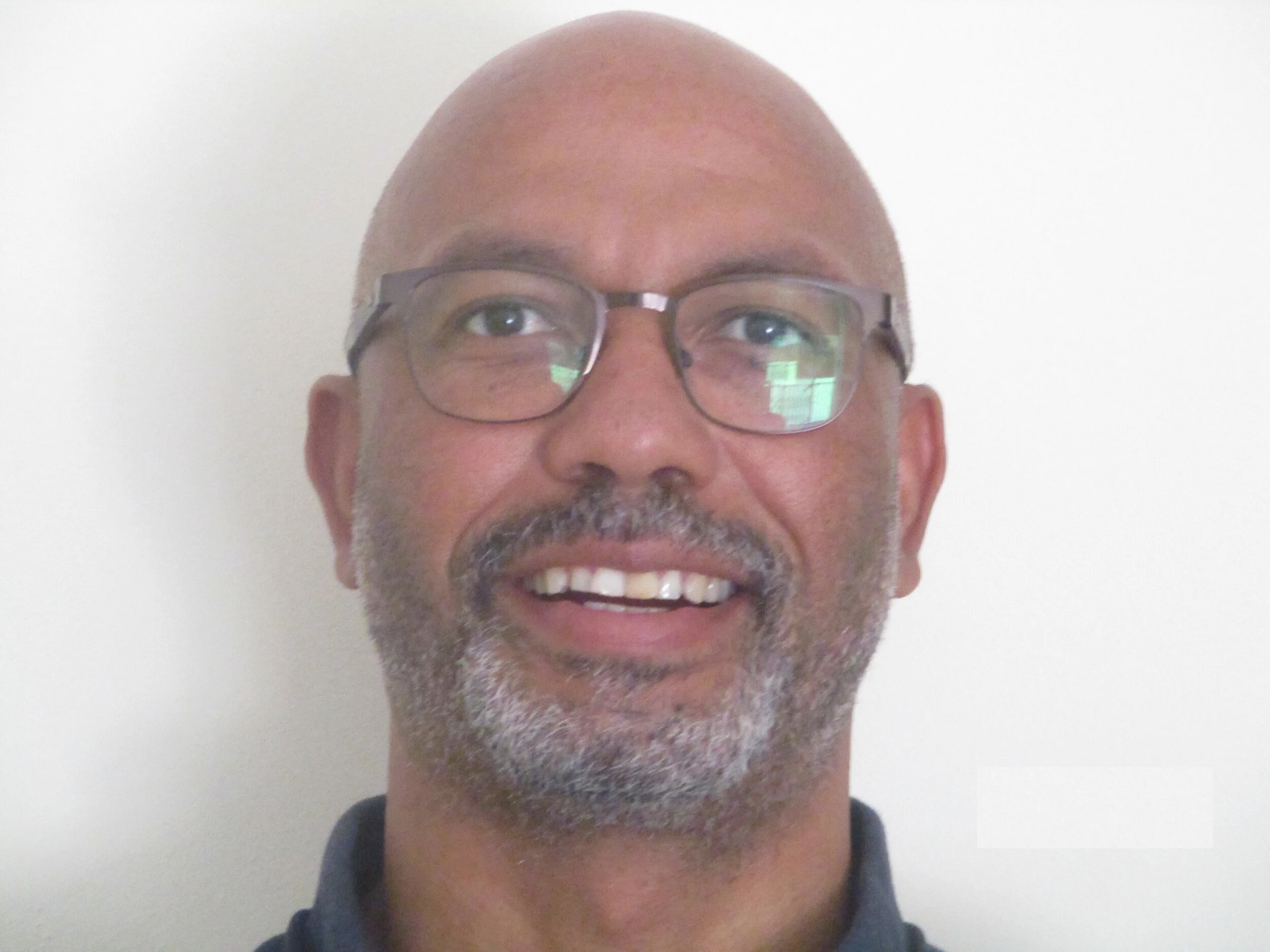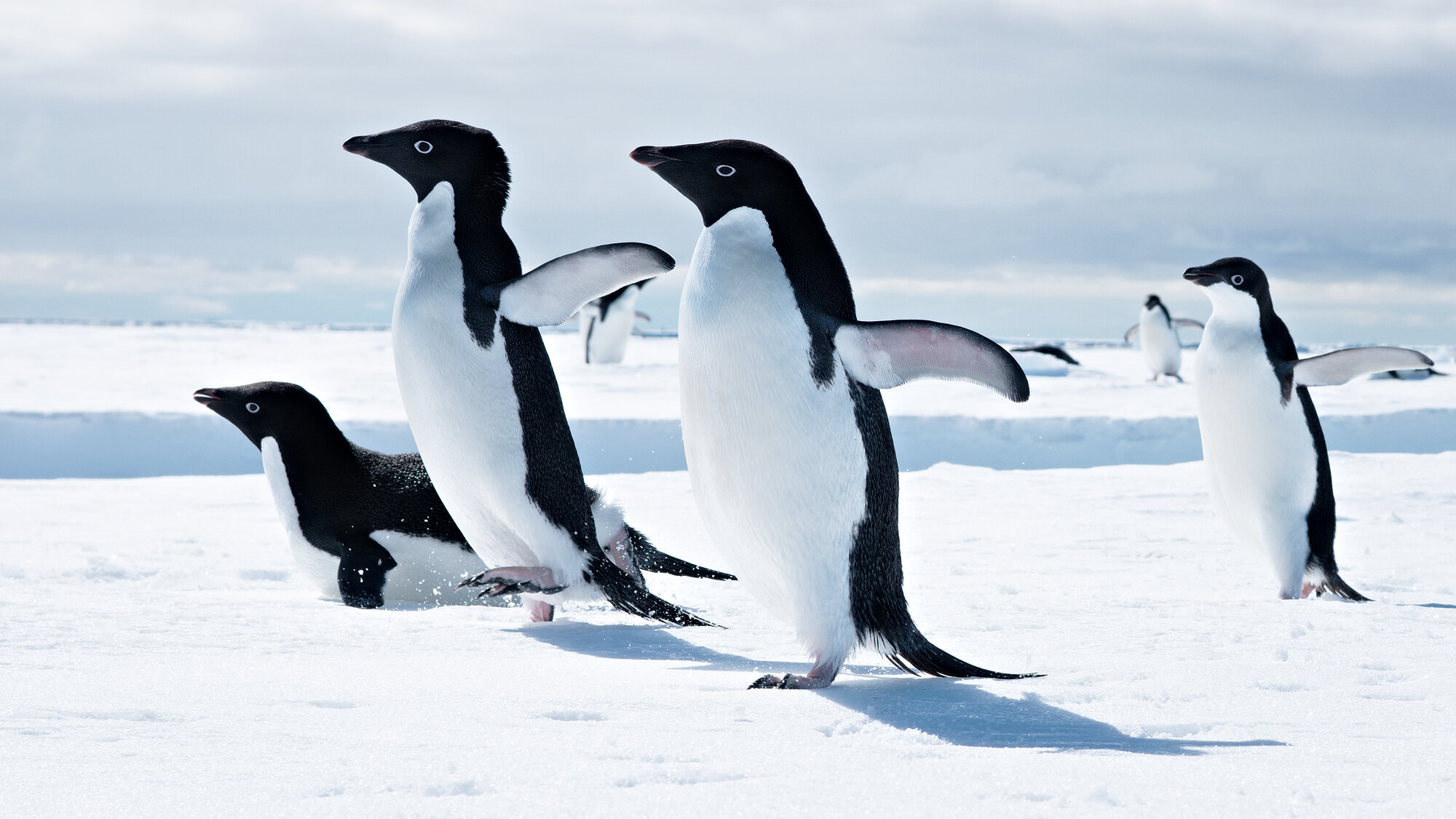
About us
The Marine Biogeochemistry Lab is housed in the Oceanography Department at the University of Cape Town. Its facilities are central to work ongoing in the Altieri and Fawcett research groups, which focus on atmospheric and oceanic biogeochemistry, respectively. Many of the analytical techniques available in the UCT-MBL are for measuring components of the nitrogen cycle, the study of which is fundamental to understanding how our planet works. Nitrogen concentration measurements, while fairly simple, are inadequate for addressing many nitrogen-cycle questions because small changes are difficult to discern above background levels, and once a nitrogen species has been transformed, it is impossible to deduce its origin. We overcome these limitations by measuring isotope ratios, which record both nitrogen source and the various processes acting upon it with a high degree of sensitivity.
The central tool of the UCT-MBL is the denitrifier-isotope ratio mass spectrometry (IRMS) method for the analysis of the nitrogen and oxygen isotopes of almost all particulate and dissolved nitrogen species, organic and inorganic. This method is the global standard for high-resolution nitrogen-cycle studies, and the UCT-MBL is the only laboratory in Africa in which it has been installed. While much of the work undertaken in the UCT-MBL is focused on oceanic and atmospheric nitrogen cycling, the denitrifier-IRMS method can be applied far more broadly. It has been used to measure nitrate isotopes in seawater, groundwater, stream and river water, wastewater, rain, ice, aerosols, soil, forests, agricultural systems, and sediment pore waters. It also permits the separate analysis of nitrite, an understudied, sometimes-toxic nitrogen cycle intermediary. By coupling the method to various chemical techniques, it can be used to measure the isotopes of tiny quantities of organic nitrogen in water (dissolved and particulate), within the biomass of microbes, bound to microfossils, corals, teeth, and otoliths, and contained in amino acids, chlorophyll, and chlorophyll degradation products preserved in sediments. The IRMS can also be used to measure N2O, a powerful greenhouse gas, as well as the isotopes of ammonium, which is a global contaminant in atmospheric and aquatic systems, deriving from fertilizers, sewage, and industry.
The UCT-MBL is additionally equipped to analyze the concentrations of virtually all forms of nitrogen, as well as other important inorganic compounds and ions such as phosphate, silicate, and ammonium in seawater; ammonium, sodium, magnesium, calcium, potassium, nitrate, chloride, and sulfate in aerosols and rainwater; and total organic carbon and total nitrogen in liquid samples. For detailed information about our measurement capabilities, please see the analysis page.
Equipment available in the UCT-MBL was purchased using funds provided by the University of Cape Town, the National Research Foundation, and the Royal Society. The UCT-MBL is also affiliated with the Department of Science and Innovation’s Biogeochemistry Research Infrastructure Platform (BIOGRIP).
Team
Principal Investigator:
A/Prof Katye Altieri (katye.altieri@uct.ac.za) is an Atmospheric Chemist and Associate Professor in the Oceanography Department. She is primarily interested in air pollution in coastal cities, the impact of human activities on the surface ocean, and studying the remote marine atmosphere of the Southern Ocean as a proxy to understand more about atmospheric chemistry and climate during the preindustrial era.
Research Fellow / IRMS Technician:
Dr Brett Kuyper (brett.kuyper@uct.ac.za) is an Atmospheric Chemist and Mass Spec Technician in the Oceanography Department. His primary scientific interest is understanding the impact of isotopic fractionation of atmospheric gases in the formation of aerosols and how the aerosols can be used as tracer for anthropogenic sources. Brett is also responsible for managing and maintaining the new departmental mass spectrometer.
Principal Investigator:
A/Prof Sarah Fawcett (sarah.fawcett@uct.ac.za) is a Biogeochemical Oceanographer and Associate Professor in the Oceanography Department. She is primarily interested in understanding the complex relationships between biogeochemical fluxes (particularly nitrogen (N) fluxes) and primary productivity in the ocean, which have implications for climate, marine ecosystem functioning, and global biogeochemical cycles.
Affiliated Principal Scientific Officer:
Dr Raymond Roman (raymond.roman@uct.ac.za) is an Oceanographer and Scientific Officer in the Department of Oceanography. His primary focus in the UCT-MBL is on high-quality biogeochemical nutrient analysis to support research and student training in several oceanographic disciplines.
Lab Manager:
Hazel Little-Leighton (hazel.little-leighton@uct.ac.za) is an Oceanographer and Scientific Officer in the Oceanography Department. Her primary focus is on overseeing the day-to-day running of the labs and assists with various projects.
